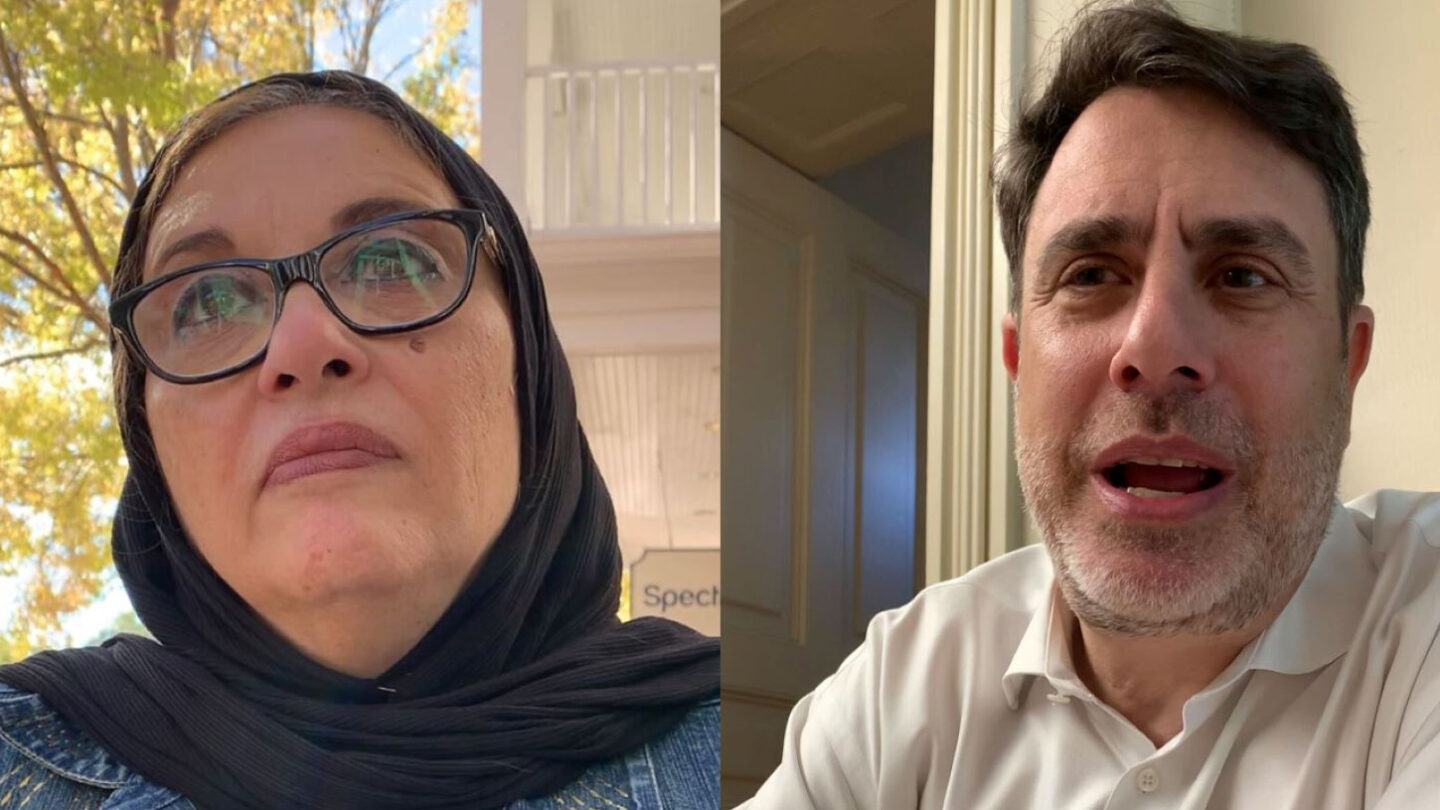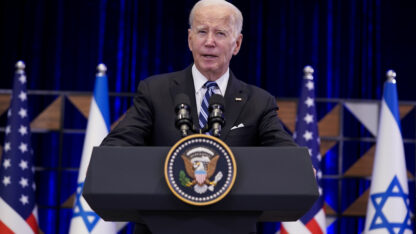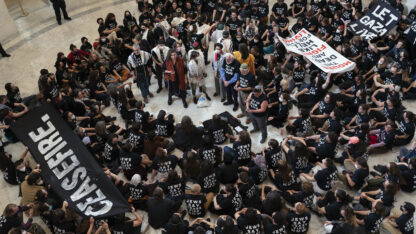Atlanta faith leaders work to communicate and heal amid overseas conflict

Atlanta is home to multiple interfaith organizations that frequently engage in dialogue, programming and community-building. Amid the latest Israel-Hamas war, some faith leaders are grappling with how to communicate with their congregations and each other.
Emotions among many of Atlanta’s faith leaders are tense.
“It has been, I would say, one of, if not the hardest week of my Jewish life,” said Peter S. Berg, senior rabbi at The Temple, Atlanta’s oldest synagogue.
Berg’s days in the last few weeks have been spent comforting members of Atlanta’s Jewish community who are in mourning.
“While we may not agree on all of the politics of the situation, we all have reverence for each other and for human life.”
Peter S. Berg, senior rabbi, The Temple
Soumaya Khalifa, executive director of The Islamic Speakers Bureau, says that the same has been true among the city’s Islamic community.
“It has not been easy, and there’s a lot of conversations that need to be had,” said Khalifa, describing her current emotions as “heavy.”
“I’m the type of person that likes to do things … and when you see the news and you hear about it, there isn’t really much that we can do,” she said.
Both religious leaders serve on the boards of multiple interfaith organizations throughout Atlanta. They have also acknowledged and denounced all forms of antisemitic and Islamophobic rhetoric.
“Somebody who shows hate to any group is really hateful to all groups that are different than him or her,” says Khalifa.
“While we may not agree on all of the politics of the situation, we all have reverence for each other and for human life,” said Berg, while also noting that some of that interfaith dialogue has now stopped.
“It has not been easy, and there’s a lot of conversations that need to be had.”
Soumaya Khalifa, executive director, The Islamic Speakers Bureau
“We will continue to engage in interfaith dialogue … but there are some elements of the conversation that I think are going to have to wait for things to calm down a little bit.”
Both leaders state that they’ll be there for those who need them as they hope for a peaceful solution.
The Israeli national anthem is in Hebrew. It’s called Hatikva. It means ‘The ope,'” said Berg. “There’s always hope.”








